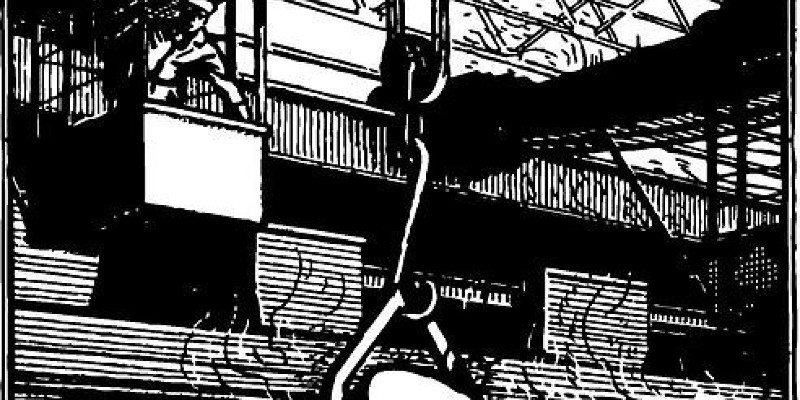When the Department of Housing and Urban Development takes ownership of a house, it disconnects the utilities and, depending upon the house’s location and also the time of year,”winterizes” the house. Typically, this involves draining off the house’s water channels, treating the plumbing systems with plumbing antifreeze to prevent freeze damage, and draining tanks and bathrooms. This causes problems for potential buyers that want to inspect the house’s plumbing, plumbing and other systems before closure. In California, only properties over 2,000 feet are winterized.
Buyer Beware
HUD homes are sold”as -is,” which means that the buyer takes the property in its present state. HUD won’t fix a property in poor state. For this reason, HUD advises all buyers to make a professional home inspector to inspect the house before closing. The inspector checks to verify the house meets any fix requirements set by the purchaser’s mortgagee and complies with local zoning and building ordinances. From a practical perspective, the house inspector can only test plumbing factors such as the water drain and pressure lines if the property is de-winterized.
Requesting an Inspection
The purchaser has 15 days from winning the bid to get the house professionally inspected. If he misses the inspection window, the purchaser cannot inspect the house. HUD sends the purchaser’s agent a utility activation request form, which authorizes HUD to turn on the utilities for three successive days inside the 15-day inspection window. For winterized properties, the purchaser must specifically request de-winterization when he yields the usefulness request form. HUD then de-winterizes the home and joins the utilities to facilitate the house inspection.
The De-Winterizing Procedure
De-winterizing a property completes the winterizing process. Primarily, it reactivates the pipes so that the home inspector can inspect for leaks. Faucets are prepared for water flow by taking away the aerators, which allows debris to drain from the system. Appliances such as refrigerators, washing machines and dishwashers are reconnected to the water source, including water heaters. Supply valves are exposed and, since the water has been turned back on, checked for leaks.
Post-Inspection
When the buyer completes his inspection, HUD re-winterizes the property. The purchaser pays for this service upfront by sending a check with the usefulness request form. Prices vary, depending on the dimensions of the house and how it is heated. The money is non-refundable, even if the sale falls through. After closure, the buyer becomes responsible for permanently de-winterizing the house and triggering the utilities ready for moving in.
When HUD Will Not De-Winterize
HUD inspects properties before listing, and includes the list a Real Estate Condition Report that indicates the property’s overall condition. Plumbing leaks and deficiencies have been noted on the report. HUD won’t de-winterize for inspection any home with a plumbing fault. Buyers who bid on these properties do this in the full understanding that a problem exists, and the purchaser is responsible for repairing it at close of escrow. Normally, the price reflects the condition of the property.
